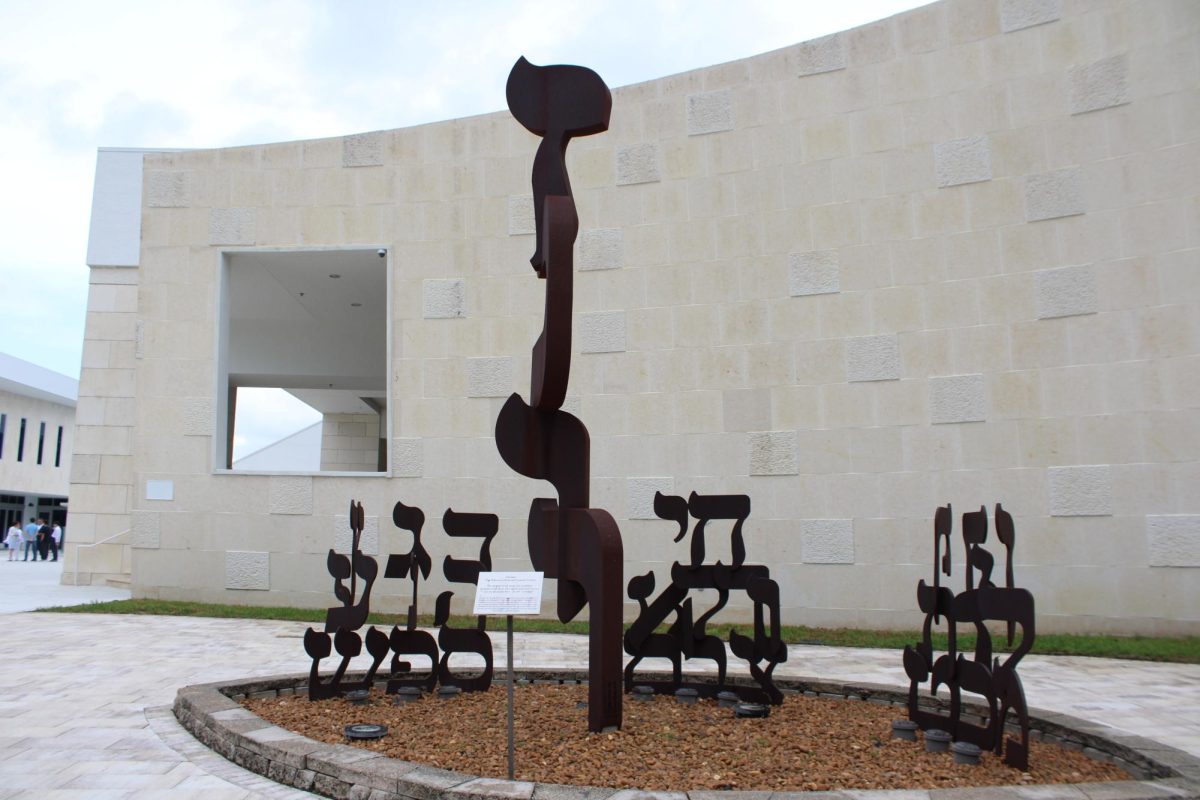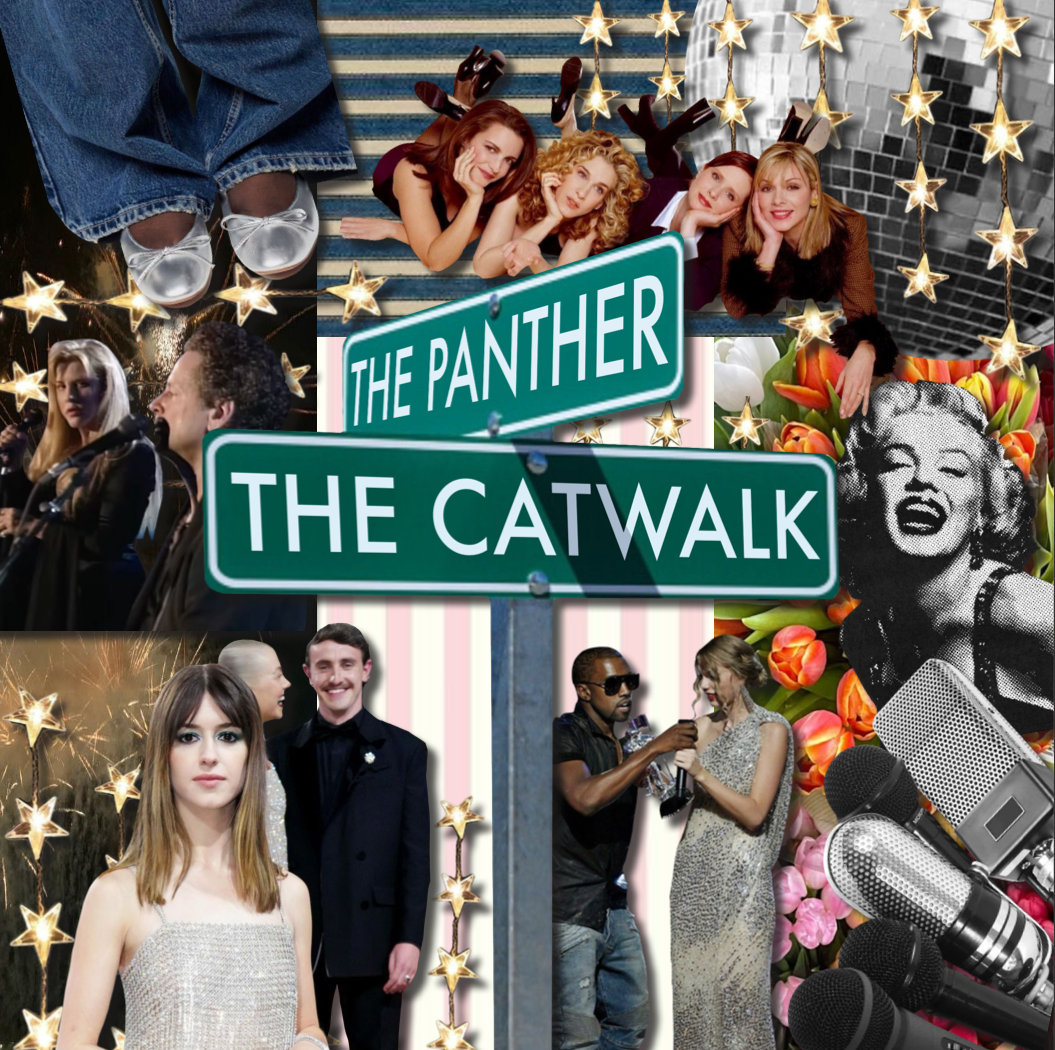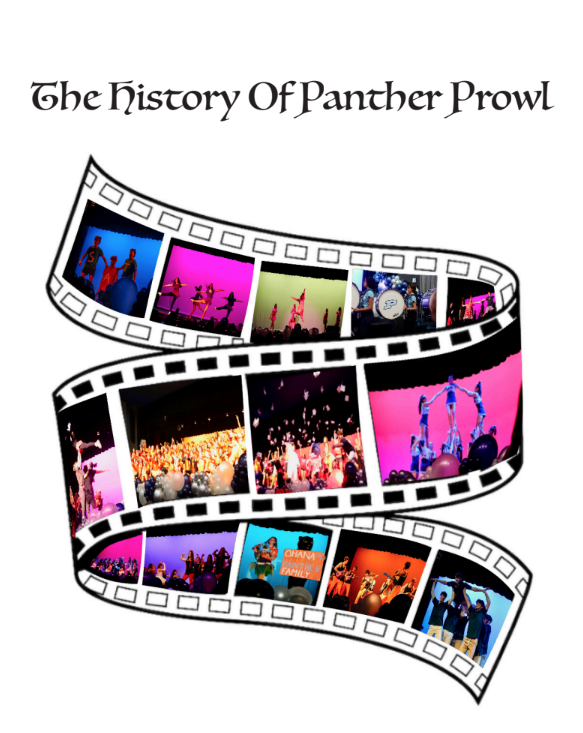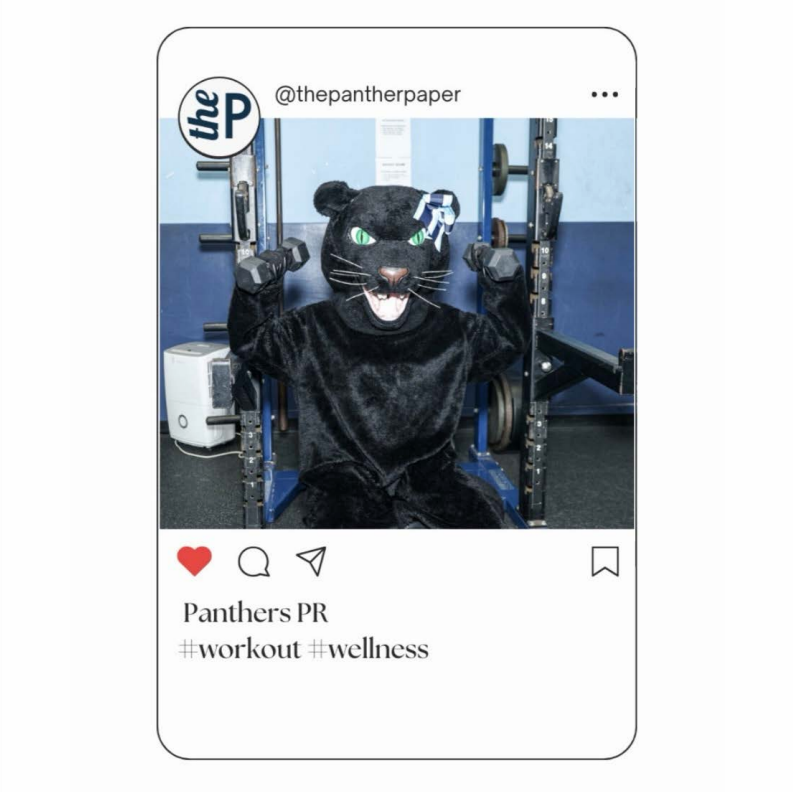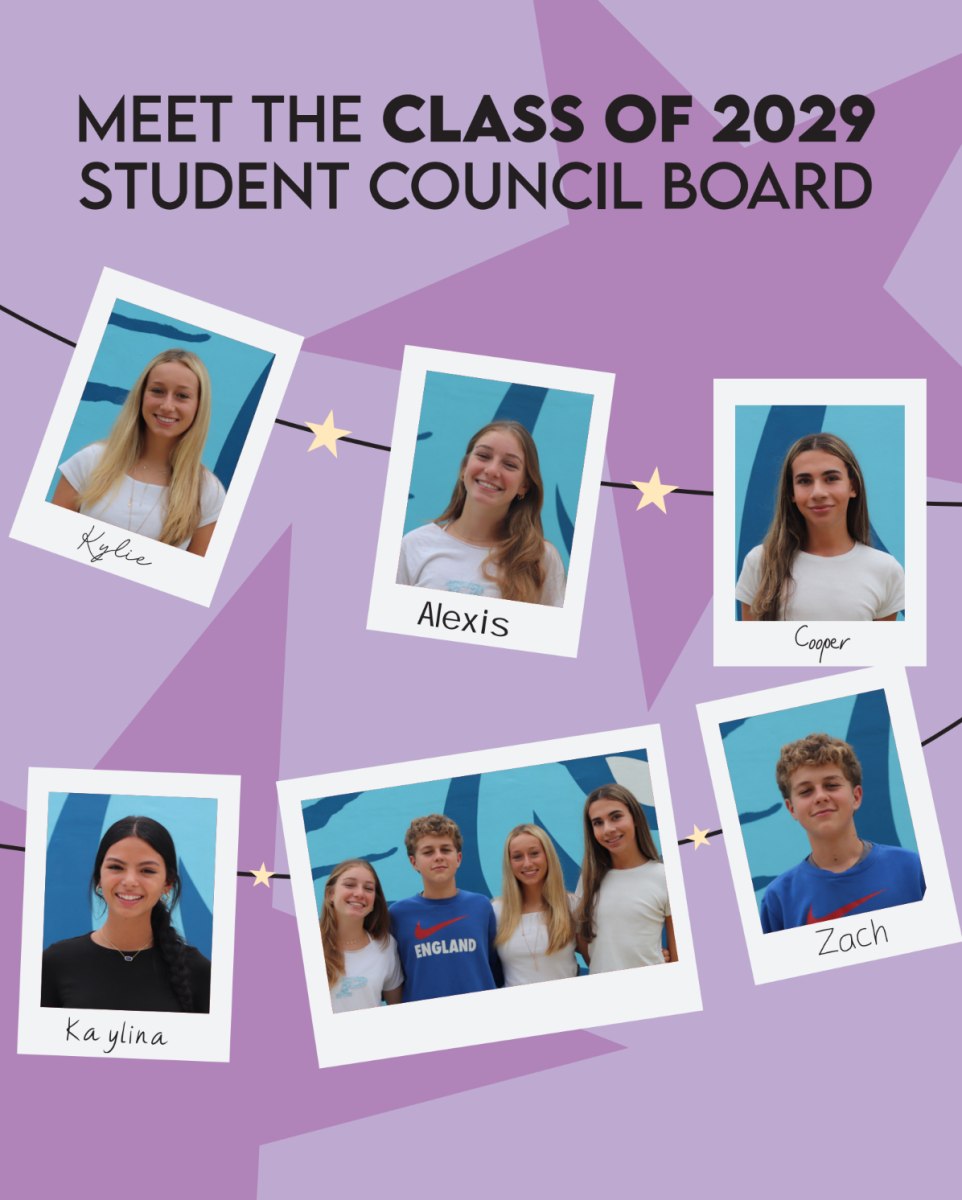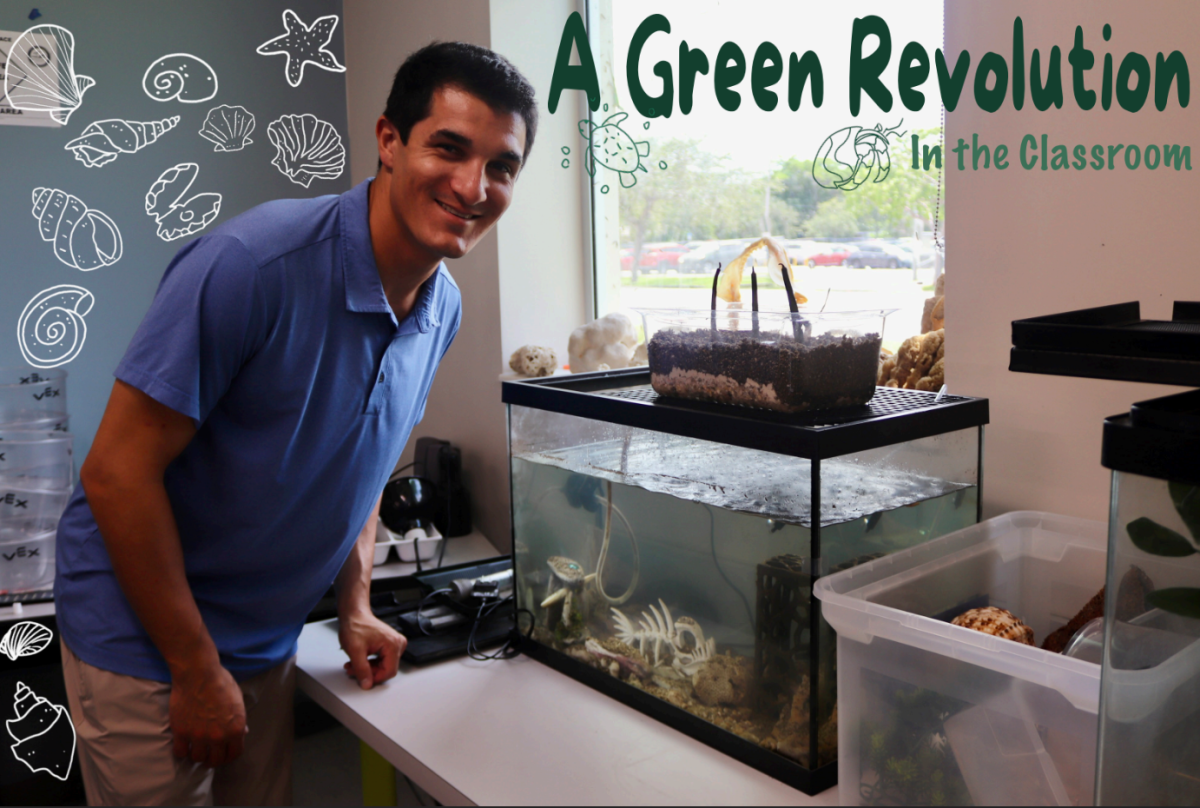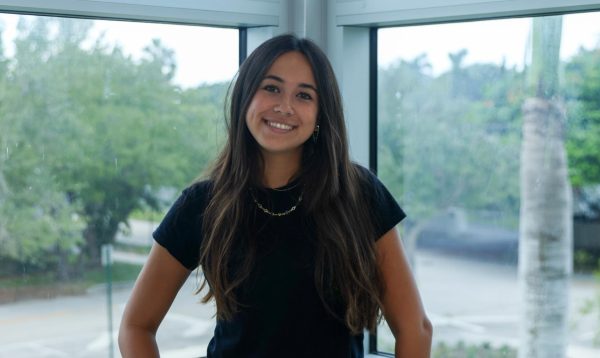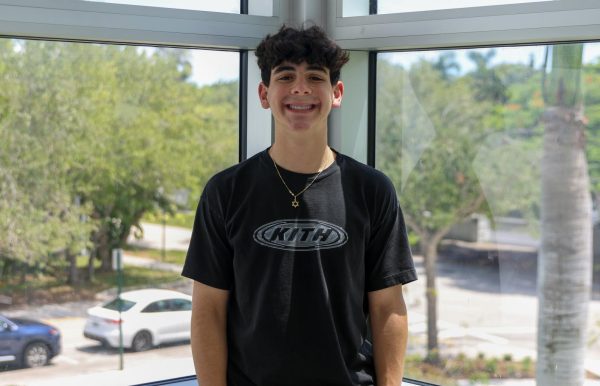Recently, I watched Sammi Cohen’s “You Are So Not Invited To My Bat Mitzvah.” Admittedly late to the trend, I was so excited to find out what all the hype was about and to say I absolutely adore that movie is an understatement. It was beyond hilarious and relatable, but the thing that stuck out to me the most was not just Sunny Sandler’s amazing performance or the hysterical accuracy of the Andy Goldfarb character — it was Stacy’s Hebrew school class.
I am the daughter of a Jewish mom and a Catholic, Brazilian dad. In Judaism, a child’s religion is determined solely by the mother’s religion. So, I am Jewish. I am not half Jewish, or part Jewish, just Jewish, no matter how much my year-round tan and innate love of soccer imply otherwise.
So, when my sister and I saw Stacy Friedman walk into a Hebrew school class of Hispanic, Black and Asian Jews, we were thrilled. We did not just feel seen or heard, we felt understood. Getting away from a conventional image of what Jewish people look like not only eliminates harmful stereotypes but allows for greater representation. The Jewish community is a much more diverse one than some may think, and seeing this on the big screen was a leap in the right direction.
I know it can be hard for people to understand my personal excitement at this, especially if they only identify with one race or ethnicity. But that is what makes it so important. I have been a firsthand witness to the fact that a lot of the time, especially when you do not “look” like something, or when they think you are only “half” something, people forget that you are still entirely that thing.
These lapses of memory can range from innocent, even funny, to offensive and hurtful. For example, on the much lighter side, my friends and I have laughed a few times recently when they forgot I had to go to dinner for the High Holy Days with my grandparents instead of going out with them on a Saturday night. While this kind of slip is completely innocent, it does go to show how hard it can be for people to remember that I am Jewish simply because I do not fit the typical box of “Jewish person” that has been incorrectly established in today’s society.
Unfortunately, I am no stranger to the more offensive mistakes. Whether it is just a bad joke or a disguised insult, I have noticed that people not only feel more comfortable making those comments around me, but even get surprised when I take offense to them.
This is another reason why the kind of representation in “You Are So Not Invited To My Bat Mitzvah” is so important. By normalizing the idea that the Jewish community is made up of a variety of races and ethnicities, it drives home the point that percentages do not determine identity — if you are Jewish, you are Jewish, and if you are something else as well, it does not make you any less connected to your Judaism.
It is also important to note that a similar sentiment applies to people who practice Judaism in different ways. Someone preferring to celebrate holidays from home at a family dinner rather than at temple does not make them “less Jewish.” It is a diverse religion both in terms of identity and practices.
So, a few morals of the story. Like many religions, the Jewish community is one of great variety in almost every aspect. However, different does not mean more or less, and that message needs to be further spread. Just because someone does not fit the image of something you have in your head, it does not mean they do not identify with it. It is so important to be mindful of your words — you never know if the person you offended is sitting right next to you.



